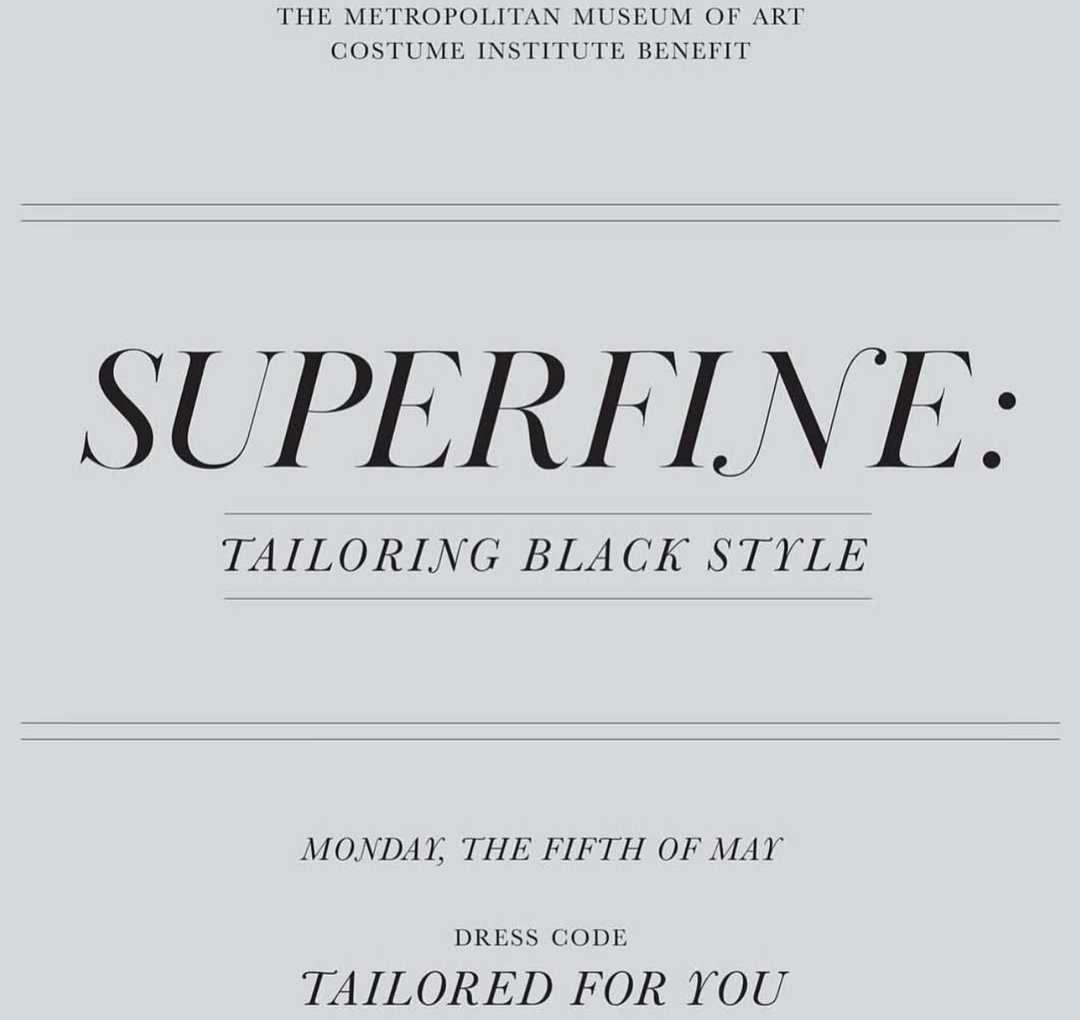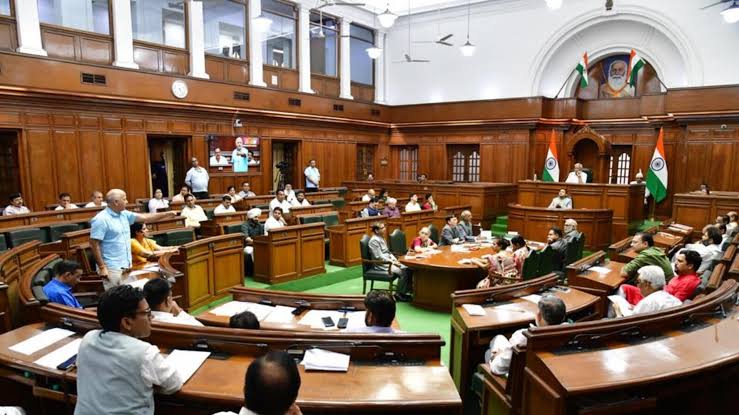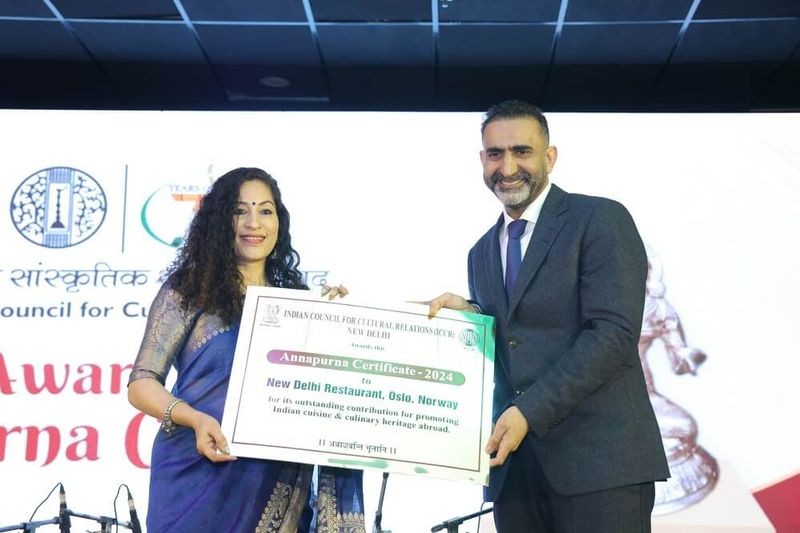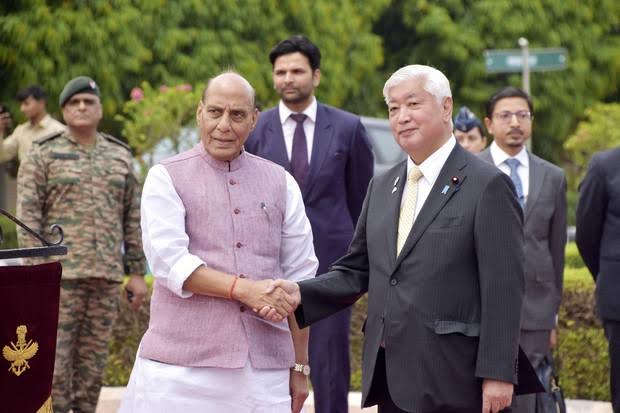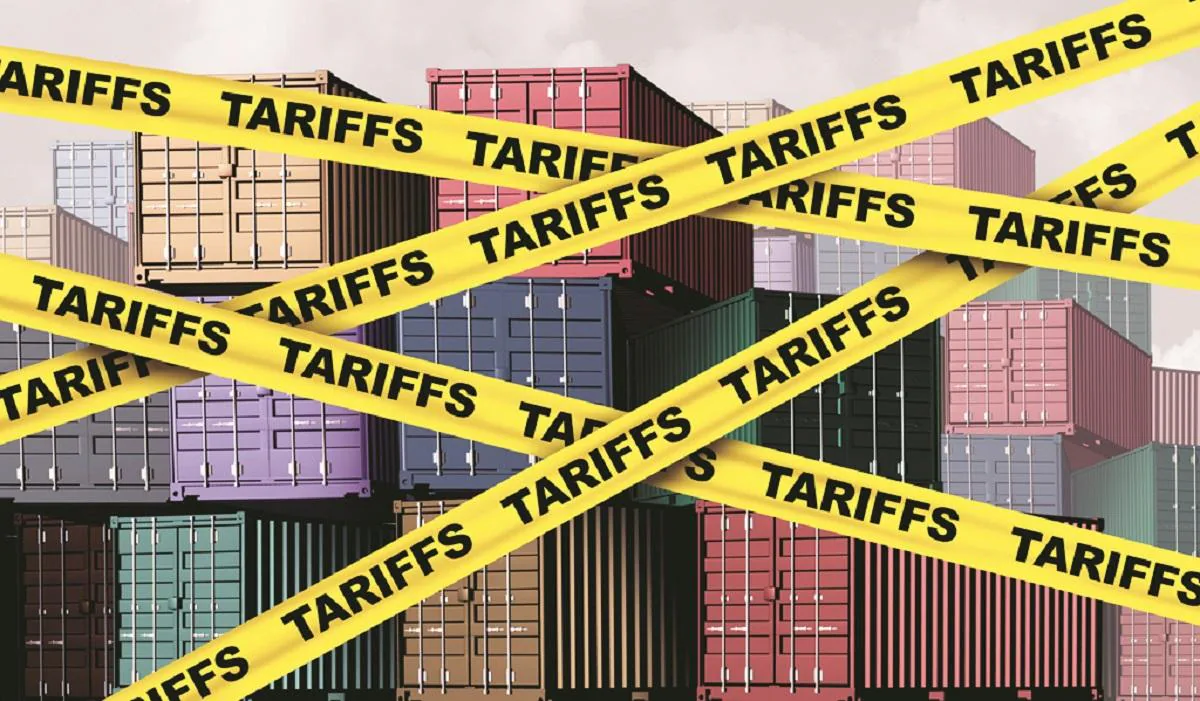 Image Source: Business Standard
Image Source: Business Standard
India has suggested a zero-for-zero tariff deal on steel, auto parts, and pharmaceuticals as part of its current trade talks with the United States. The proposal, submitted by Indian trade officials during a Washington visit, is targeted at enhancing bilateral trade while resolving concerns related to non-tariff barriers. Here's a thorough analysis:
Key Highlights
Zero-for-Zero Tariff Proposal
India has offered zero tariffs for steel, auto parts, and pharmaceuticals on a reciprocal basis.
The agreement will be to the extent of some amount of imports, and then normal duties would be charged beyond that amount.
Trade Negotiations & US Response
The proposal was submitted in the context of bilateral trade talks in Washington.
The US has asked India to address issues relating to Quality Control Orders (QCOs), which the US regards as non-tariff trade barriers.
Impact on Indian Exports
The pact can increase Indian exports of auto parts and steel to the US.
India also plans to lower tariffs on US imports such as food processing goods, chemicals, and engineering products.
Quality Control Orders & Regulatory Adjustments
India has made a proposal to revisit current QCOs in industries like chemicals and medical devices.
A mutual recognition arrangement is in talks, under which both countries will accept each other's regulatory standards.
Future Outlook & Trade Deal Timeline
The talks are seeking to seal a bilateral trade agreement by autumn 2025.
The deal will soften the blow of US tariffs, such as the 27% tit-for-tat tariff levied by President Trump.
This strategic trade step reflects India's drive to build economic engagement with the US, while solving critical trade bottlenecks and tariff issues.
Sources: NDTV Profit, India Today, Moneycontrol
Advertisement
Advertisement



